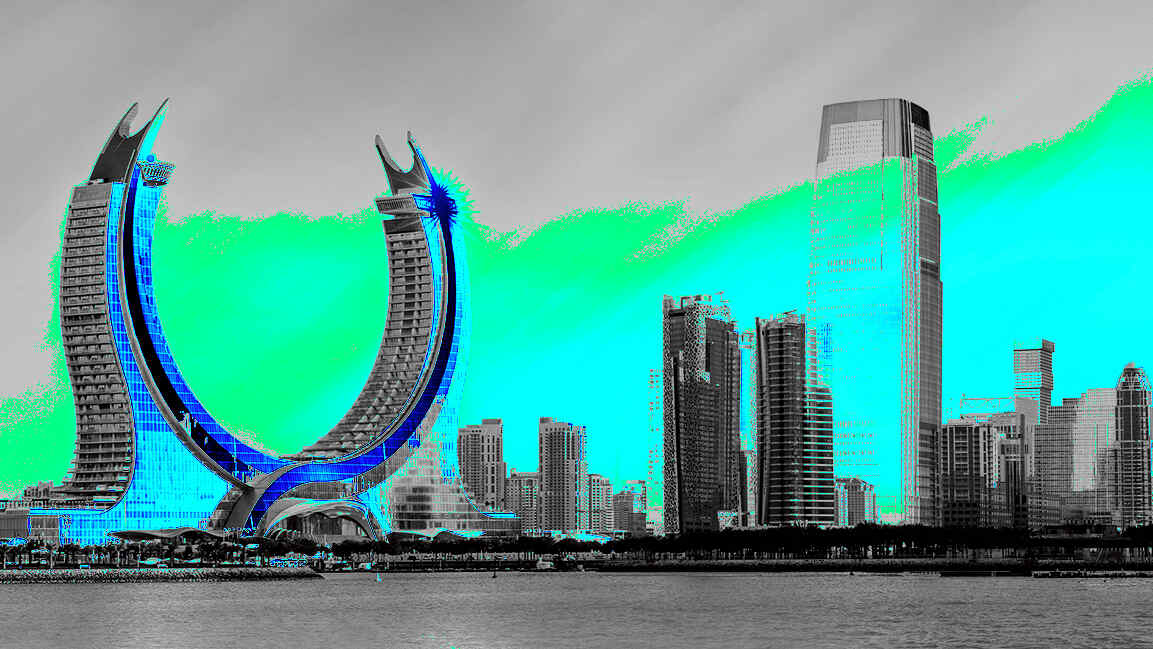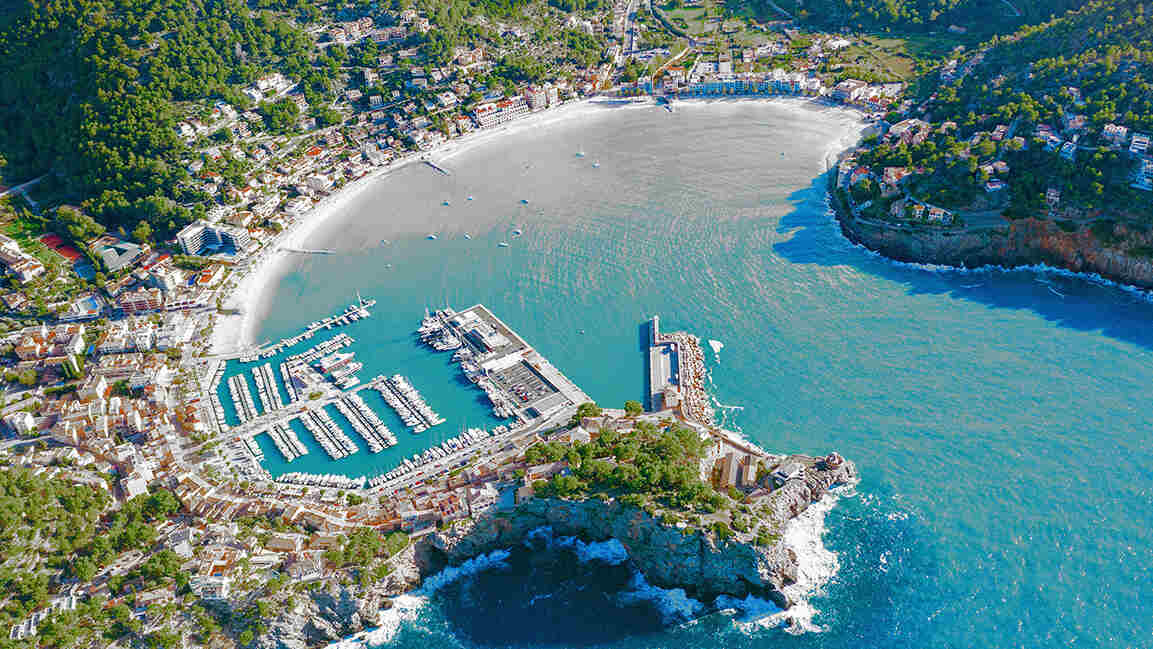- | 11:00 am
Metaverse to contribute $15 billion annually to GCC economies by 2030
Travel and tourist industry has the largest potential for economic benefit from the metaverse, with a gain of $3.2 billion.

The Middle East, namely Saudi Arabia and the UAE, will become a major player in the success of virtual reality worlds. Currently, many technological movements related to the metaverse are being observed in the region.
According to a report from Strategy& Middle East, the potential contribution of the metaverse to the GCC economies may be roughly $15 billion yearly by 2030, of which $7.6 billion would be in Saudi Arabia and $3.3 billion in the UAE.
“The projections assessed growth in the component technologies, platforms, hardware, and software, as well as the economic contribution of new metaverse applications such as content creation, shopping, and so on,” said Tony G. Karam, partner at Strategy& Middle East.
Dubai unveiled its metaverse strategy in July to create a pre-eminent metaverse economy. Over the next five years, the initiative is expected to boost the economy by $4 billion and generate 40,000 new employment. To create early-stage metaverse and Web3 apps, UAE established the region’s first metaverse incubator.
The digital division of NEOM—a $500 billion city in Saudi Arabia on the Red Sea—has developed a metaverse that enables people to coexist in both the real world and the virtual one simultaneously.
“The metaverse holds a world of possibilities that extends beyond next-generation gaming and internet-based home buying or shopping. It will change how we work, transact, plan, design, build, shop, recreate, travel, and live. In a regional context, the metaverse’s potential to energize and transform key sectors in the Gulf Cooperation Council (GCC) countries is enormous,” said Dany Karam, partner at Strategy& Middle East.
The analysis names the travel and tourist industry as having the largest potential for economic benefit from the metaverse, with a potential gain of $3.2 billion.
Saudi Arabia will benefit the most from the metaverse of all the nations ($7.6 billion), followed by UAE ($3.3 billion), Qatar ($1.6 billion), Kuwait ($ 1 billion), Oman ($0.8 billion), and Bahrain ($0.4 billion).
“There could be metaverse tours of AIUla, Saudi Arabia’s first UNESCO World Heritage Site, or fashion festivals, spas, wellness retreats, and entertainment and sports events. Metaverse visits would inspire in-person travel. Later, travelers could return through the metaverse to relive their experiences,” said Jad N. Baroudi, principal at Strategy& Middle East.































